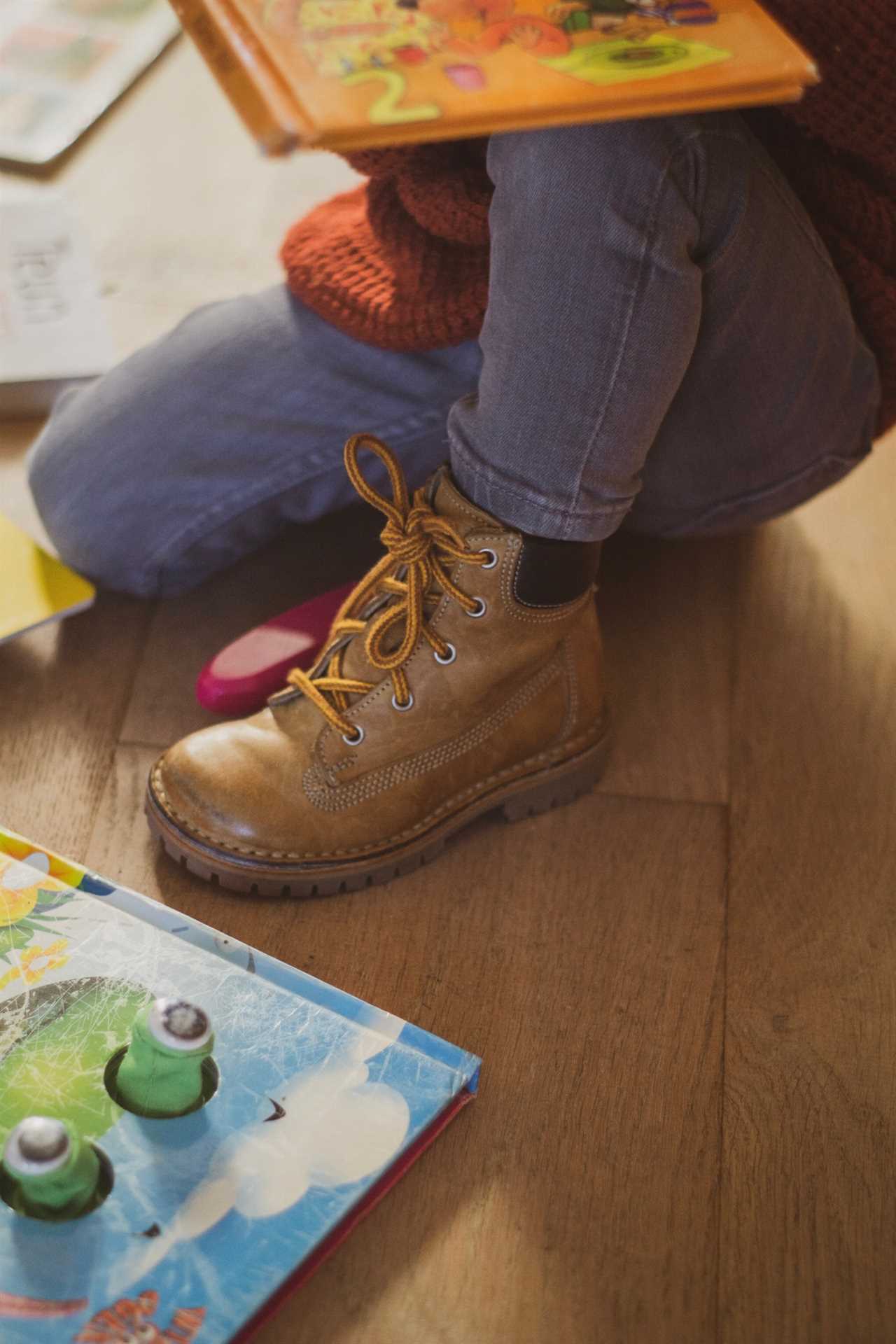In today’s technology-driven world, electronic toys have become a common part of a child’s playtime. However, the impact of these toys on parent-child interaction and child development is a topic of concern.
While electronic toys offer entertainment and engagement, they can also hinder important aspects of a child’s growth. Limiting the use of electronic toys is crucial for promoting healthy parent-child interaction and overall development.
This article examines the negative effects of excessive electronic toy use and highlights the benefits of traditional toys in fostering a well-rounded development in children.
Key Takeaways
- Toddlers’ engagement with electronic toys can reduce quality parent-child interaction, hindering language development and the ability to follow the plot of a story.
- Excessive use of electronic toys can lead to overstimulation and a sedentary lifestyle, resulting in behavioral changes and reduced physical activity.
- Screen-based interactions with electronic toys limit a child’s creativity and ability to deviate from predetermined functions, hindering imaginative play and problem-solving skills.
- Excessive use of electronic toys can hinder language development, cognitive development, and social skills, while limiting their use can promote better language skills, imagination, creativity, cognitive development, and social interactions.
Negative Effects on Parent-Child Interaction
Excessive use of electronic toys can lead to a decrease in quality parent-child interaction. Parents tend to let the toy do most of the talking and are less responsive to their child’s demands for attention. This communication breakdown can result in emotional disconnection between parents and their children.

When parents rely on electronic toys to engage with their child, they miss out on important opportunities to connect on a deeper level. Real-time interactions, such as face-to-face conversations and physical play, are essential for building strong relationships and promoting optimal development.
It is important for parents to prioritize meaningful interactions with their children over the use of electronic toys. These interactions provide the foundation for healthy emotional bonds and overall well-being.
Overstimulation and Sedentary Lifestyle
Constant exposure to electronic toys can overwhelm young children and contribute to a sedentary lifestyle. The bright lights, loud sounds, and constant stimulation from these toys can be too much for their developing minds. Overstimulation can lead to fatigue and behavioral changes in toddlers.
It is important to reduce stimulation by limiting the use of electronic toys and providing a balance of other activities. Additionally, excessive use of electronic toys can result in reduced physical activity. Children can become mesmerized by pushing buttons and hearing sounds, which can discourage them from engaging in active play.

Encouraging physical activity through play outside and engaging with nature can provide a more balanced and healthy lifestyle for children. By reducing stimulation and promoting physical activity, parents can help their children develop in a more holistic way.
Decreased Creativity and Loss of Relationship With Electronic Toys
Engaging in screen-based interactions with electronic toys may restrict a child’s creativity compared to other forms of play. Electronic toys often come pre-programmed with limited functions, limiting a child’s ability to deviate and explore alternative ways of playing. This lack of flexibility can hinder a child’s creative problem-solving skills.
Real-time, imaginative play, on the other hand, allows for more meaningful experiences and encourages thinking outside the box. To promote creativity, it is important to provide alternative play options that involve hands-on experiences with people, objects, and nature. Non-electronic toys, such as building blocks or art materials, can foster imagination and allow children to express themselves freely.
Impact on Language Development
Using electronic toys for extended periods can hinder a child’s language skills and limit their ability to communicate effectively. Direct interactions with others and objects are crucial for language development.

Excessive use of electronic toys can reduce talking and interaction with parents or educators, leading to a decrease in language development. Screen time can also limit creativity, which is important for language learning.
To promote better language skills, it is important to limit electronic toy use and prioritize other forms of interaction. Language development strategies should involve engaging in conversations, reading books, singing songs, and engaging in pretend play. These activities provide rich language experiences and promote vocabulary development.
Negative Effects on Imagination, Cognitive Development, and Social Skills
Excessive reliance on electronic devices can impede a child’s ability to think creatively and hinder their cognitive and social development. The negative effects of electronic toys on a child’s imagination, cognitive development, and social skills are significant.
When children become overly dependent on electronic toys, their imagination is limited, hindering their ability to think outside the box and engage in creative problem-solving. Screen time can also reduce a child’s problem-solving abilities and critical thinking skills.

Additionally, excessive use of electronic toys can hinder social interactions, as screen time limits face-to-face communication and the development of social skills. On the other hand, non-electronic toys promote social play and cooperation, allowing children to interact with others in a meaningful way.
Therefore, it is crucial to limit electronic toy use in order to enhance a child’s problem-solving skills and social interactions.
Importance of Balancing Screen Time
Balancing screen time with other activities is crucial for promoting healthy development in children. Creating a screen-free environment allows children to experience the benefits of outdoor play and engage in a variety of activities that foster their overall well-being.
Outdoor play offers numerous advantages, including physical exercise, improved motor skills, and exposure to nature. It also encourages social interactions, creativity, and problem-solving abilities. By limiting screen time and providing opportunities for outdoor play, parents can help children develop their imaginations, cognitive abilities, and social skills.

Creating a screen-free environment may involve setting boundaries and establishing alternative activities such as playing with traditional toys, reading books, or engaging in physical games. By prioritizing a balanced approach to screen time, parents can support their children’s healthy development while promoting freedom and exploration.
Benefits of Traditional Toys
Traditional toys offer a wide range of benefits for children. They foster creativity, encourage hands-on learning, and promote social interactions. These toys provide an interactive play experience that engages children in active exploration and problem-solving.
Hands-on learning is a key aspect of traditional toys. It allows children to manipulate objects, experiment with cause and effect, and develop fine motor skills. This type of learning is crucial for their development.
Another advantage of traditional toys is that they promote imaginative play. Children have the freedom to create their own stories and scenarios, expanding their creativity and imagination.

Social interactions are also an important aspect of traditional toys. Through playing with siblings, friends, or caregivers, children learn important skills such as cooperation, communication, and empathy. These skills are essential for their social development.
In a world filled with electronic devices, traditional toys offer a valuable opportunity for children to engage in interactive play and hands-on learning. They provide a break from screen time and encourage face-to-face interactions, which are crucial for healthy development.
Promoting Healthy Development Through Limiting Electronic Toys
Traditional toys offer numerous benefits for the healthy development of children, as discussed in the previous subtopic. However, it is important to recognize the impact of limiting electronic toys on parent-child interaction and overall development. By reducing the use of electronic toys, parents can create more opportunities for interactive alternatives that promote parent-child bonding.
Engaging in activities such as reading together, playing board games, or building with blocks allows for meaningful interactions and strengthens the parent-child relationship. These activities encourage communication, cooperation, and problem-solving skills. Additionally, they provide opportunities for shared experiences and create lasting memories.

Limiting electronic toy usage also encourages children to explore their surroundings, engage in imaginative play, and use their creativity. These activities promote cognitive development, social skills, and emotional well-being. By prioritizing interactive alternatives and parent-child bonding, children can thrive in their development and experience the freedom to explore and learn in a more holistic and enriching way.





